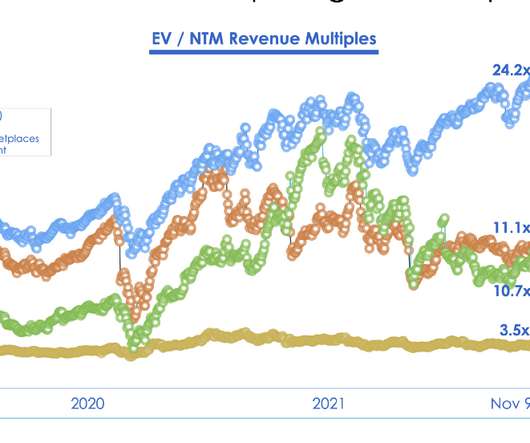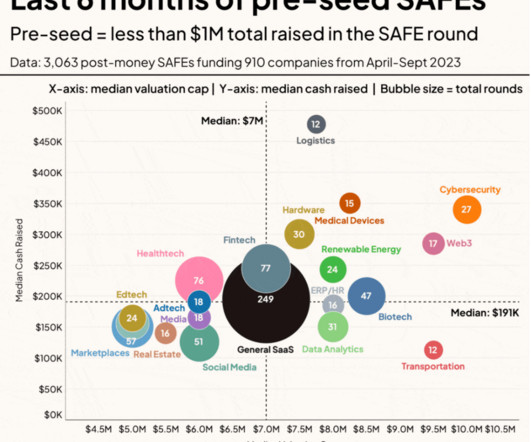Equity for Early Employees in Early Stage Startups
SoCal CTO
SEPTEMBER 27, 2011
I was asked by a reader how much equity he should give out to early employees and to service providers in a very early stage startup. Founders vs. Early Employees To help with this discussion, let me start with a definition of "early employee." I'll get to service providers in a later post.










































Let's personalize your content